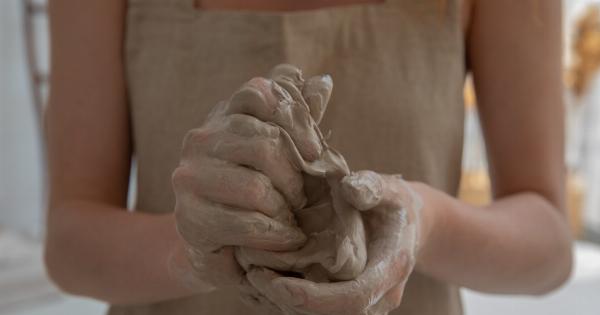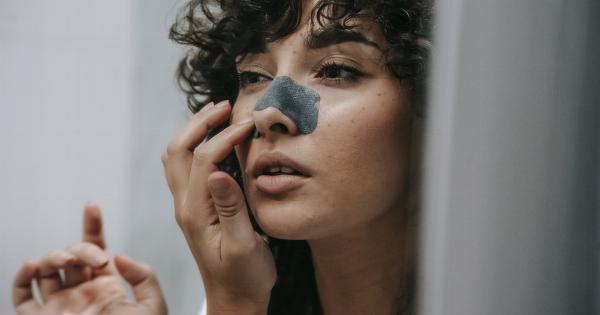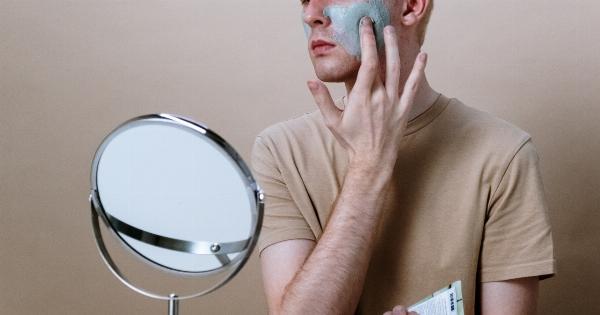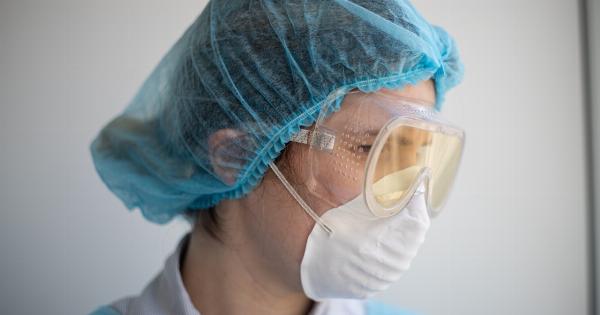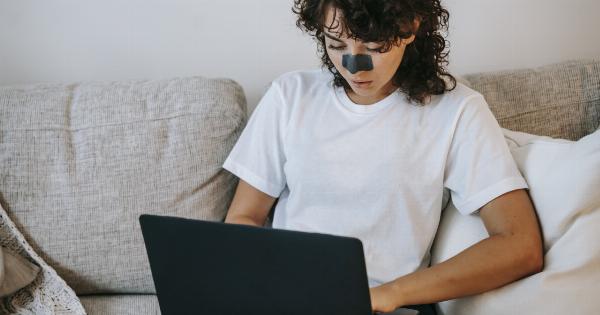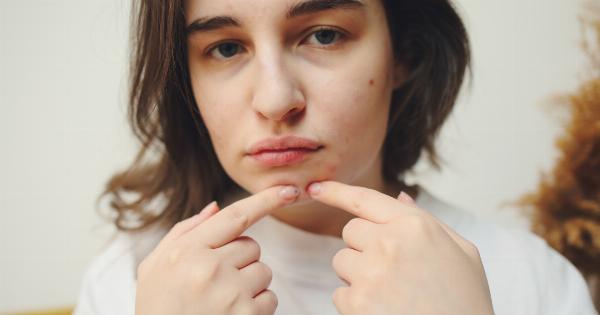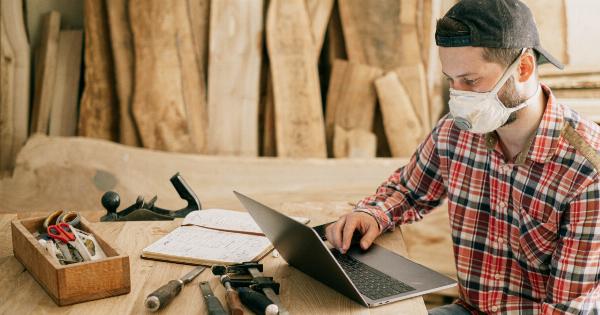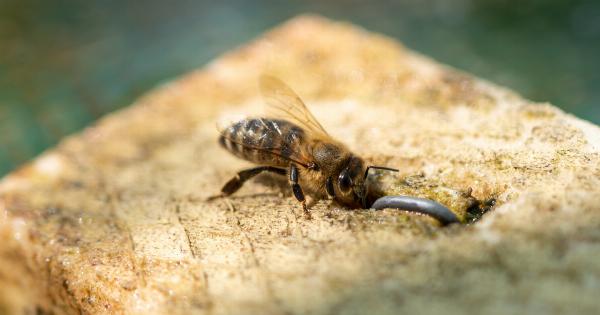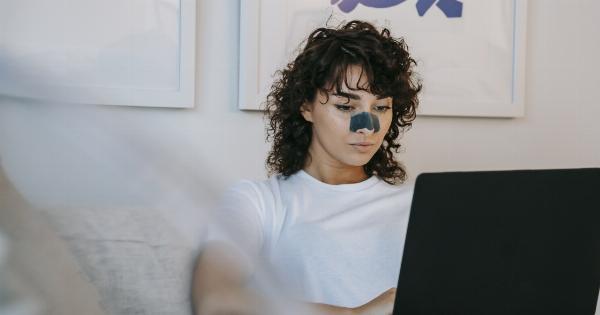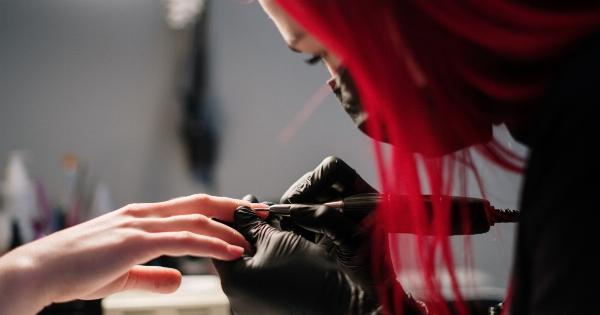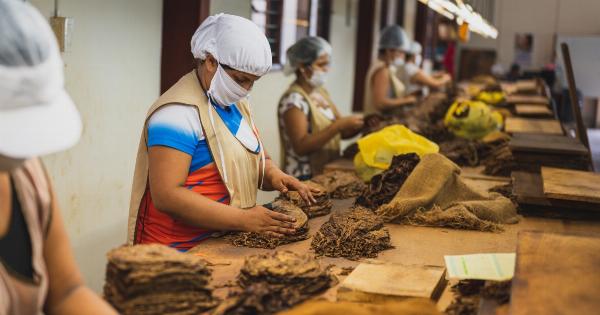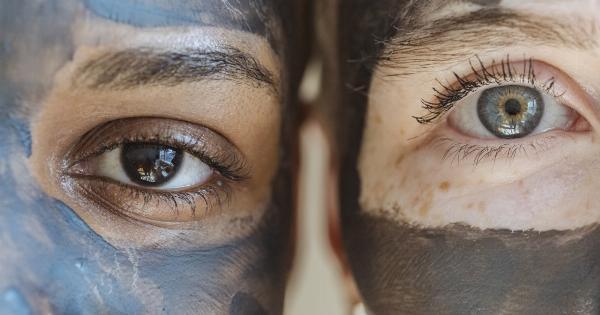Acne is a common skin problem that affects people of all ages. Acne can be caused by a variety of factors such as hormonal changes, genetics, stress, and poor diet.
While there are many over-the-counter and prescription acne treatments available, some natural remedies can also help in controlling and preventing acne outbreaks. In this article, we will discuss some natural homemade acne remedies that you can try at home.
1. Honey and Cinnamon Mask
Honey and cinnamon have antimicrobial and anti-inflammatory properties that can help in reducing acne-causing bacteria and swelling. To make this mask, mix together 2 tablespoons of honey and 1 teaspoon of cinnamon powder.
Apply the mixture to the affected areas and leave it on for 10-15 minutes before rinsing it off with warm water.
2. Green Tea
Green tea contains antioxidants and polyphenols that can help in reducing inflammation and controlling acne. Brew a cup of green tea and let it cool down. Then, dip a cotton ball into the tea and apply it to the affected areas.
3. Aloe Vera
Aloe vera has anti-inflammatory and antibacterial properties that can help in reducing swelling and acne-causing bacteria. Cut an aloe vera leaf and extract the gel.
Apply the gel to the affected areas and leave it on for 10-15 minutes before rinsing it off with water.
4. Tea Tree Oil
Tea tree oil has antimicrobial properties that can help in killing acne-causing bacteria. Mix 1 part tea tree oil with 9 parts water and apply the mixture to the affected areas with a cotton ball.
Leave it on for 10-15 minutes before rinsing it off with water.
5. Apple Cider Vinegar
Apple cider vinegar has antibacterial and antifungal properties that can help in reducing acne-causing bacteria. Mix 1 part apple cider vinegar with 3 parts water and apply the mixture to the affected areas with a cotton ball.
Leave it on for 10-15 minutes before rinsing it off with water.
6. Baking Soda
Baking soda has antibacterial properties that can help in reducing acne-causing bacteria and exfoliating dead skin cells. Mix 1 tablespoon of baking soda with enough water to make a paste.
Apply the paste to the affected areas and leave it on for 10-15 minutes before rinsing it off with water.
7. Lemon Juice
Lemon juice has antibacterial and astringent properties that can help in reducing acne-causing bacteria and tightening pores. Squeeze a fresh lemon and apply the juice to the affected areas with a cotton ball.
Leave it on for 10-15 minutes before rinsing it off with water.
8. Oatmeal Mask
Oatmeal has anti-inflammatory properties that can help in reducing swelling. Cook 1/2 cup of oatmeal according to the package instructions and let it cool down.
Then, apply the oatmeal to the affected areas and leave it on for 10-15 minutes before rinsing it off with water.
9. Turmeric Mask
Turmeric has anti-inflammatory and antibacterial properties that can help in reducing swelling and acne-causing bacteria. Mix 1 teaspoon of turmeric powder with enough water to make a paste.
Apply the paste to the affected areas and leave it on for 10-15 minutes before rinsing it off with water.
10. Witch Hazel
Witch hazel has astringent properties that can help in tightening pores and reducing inflammation. Apply witch hazel to the affected areas with a cotton ball and leave it on for a few minutes before rinsing it off with water.
These natural homemade acne remedies can be effective in controlling and preventing acne outbreaks. However, it’s important to remember that everyone’s skin is different and what works for one person may not work for another.
If you have severe acne or if your acne is not improving with natural remedies, it’s best to consult with a dermatologist.

